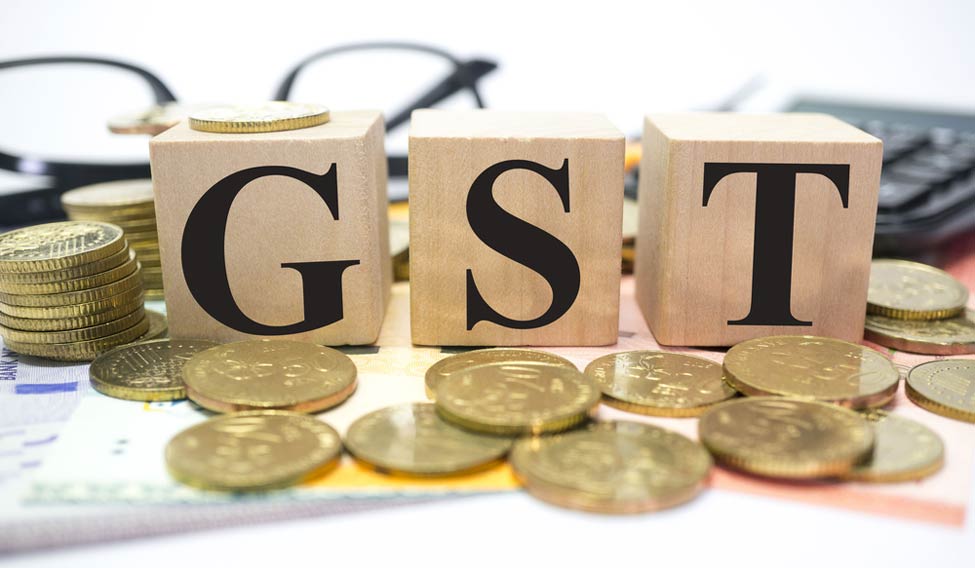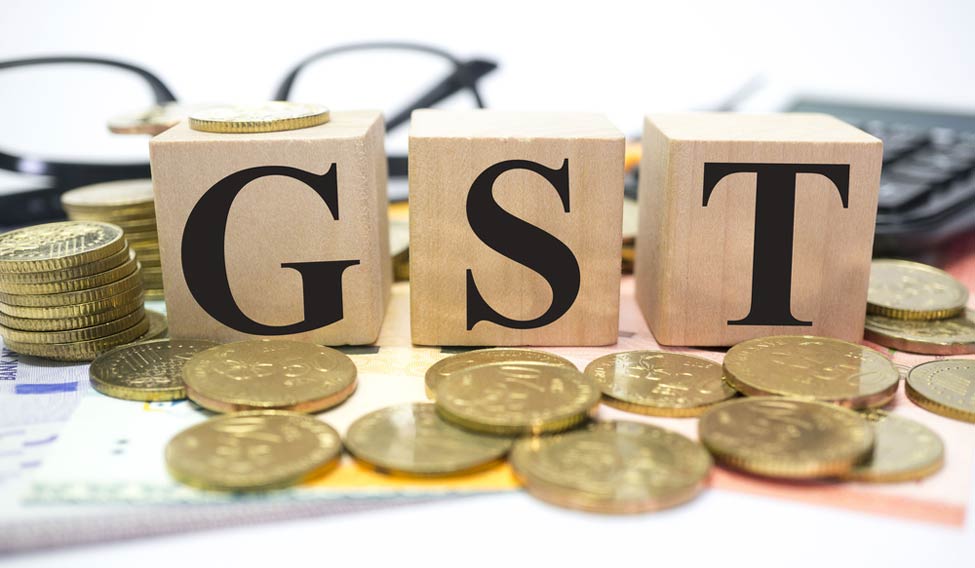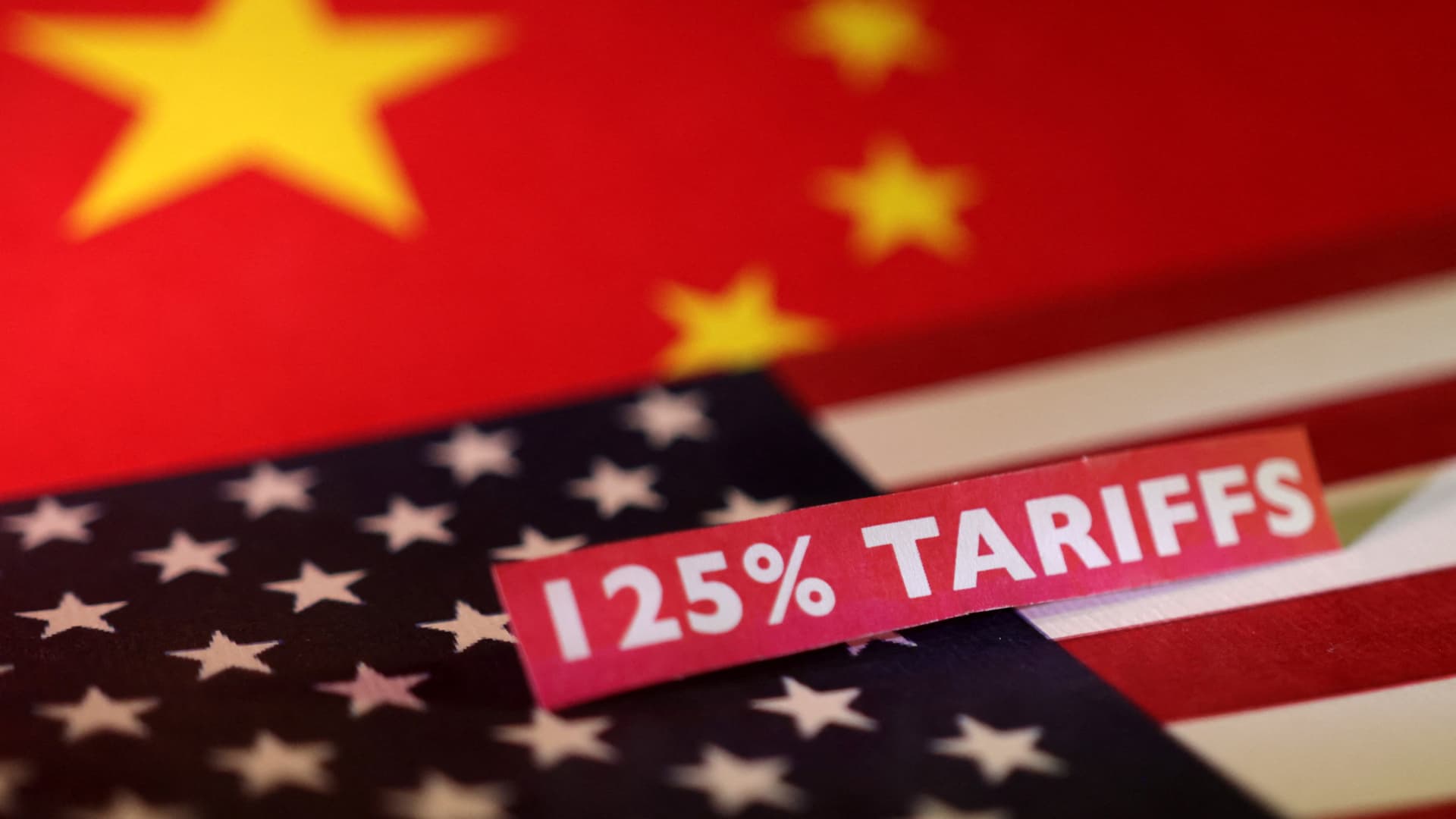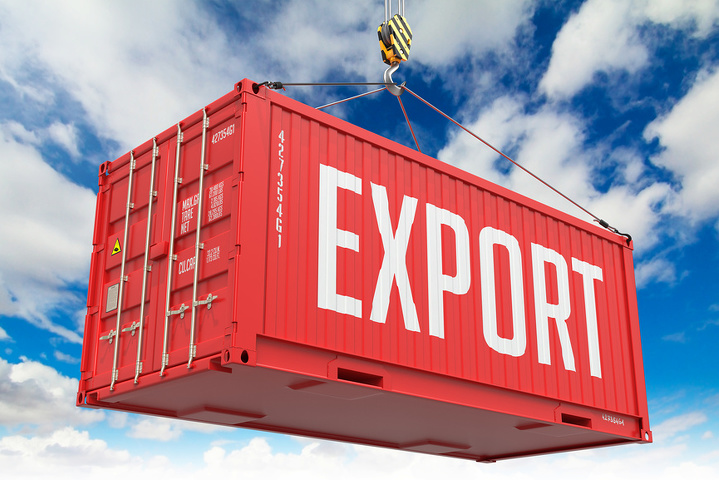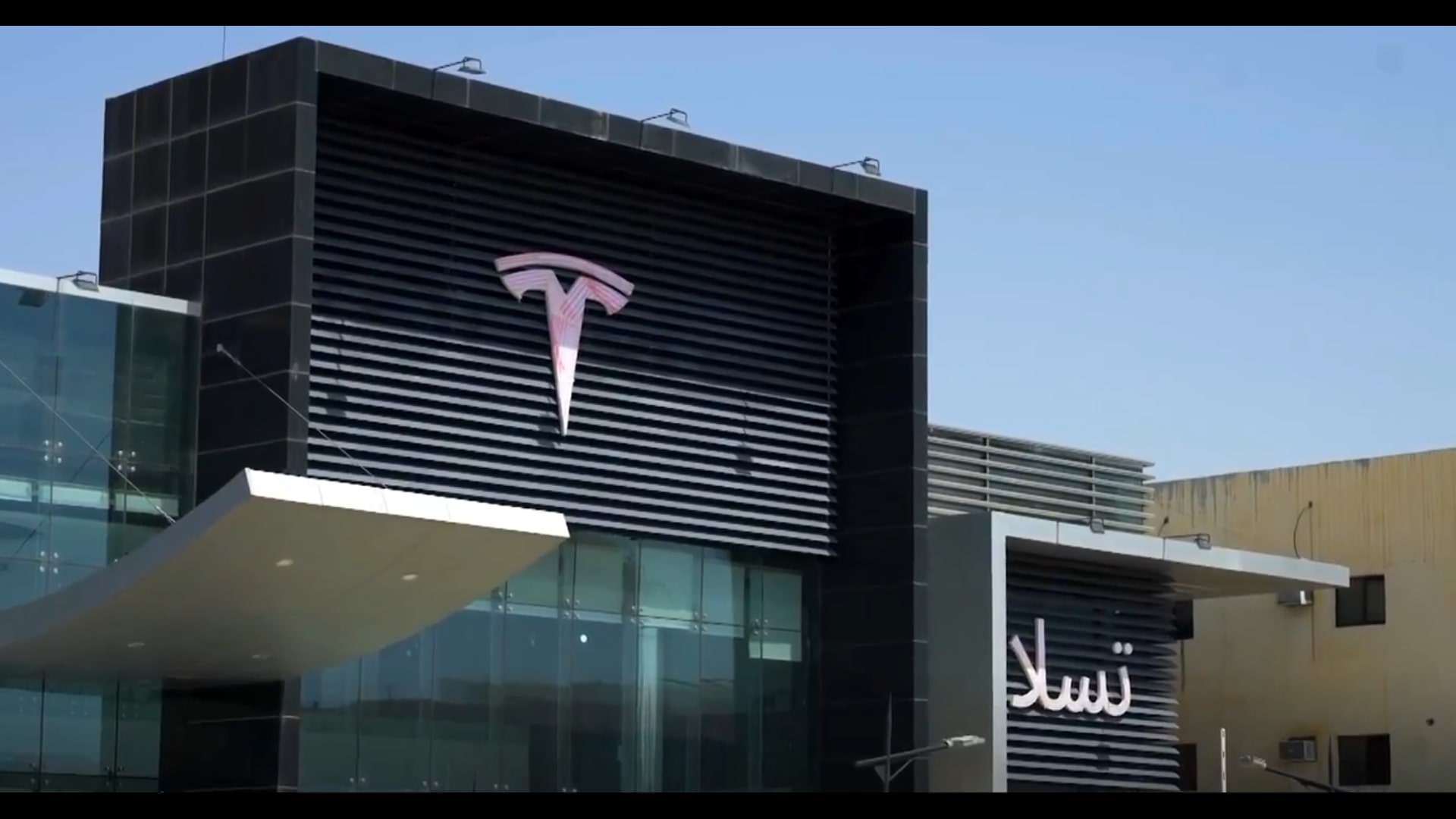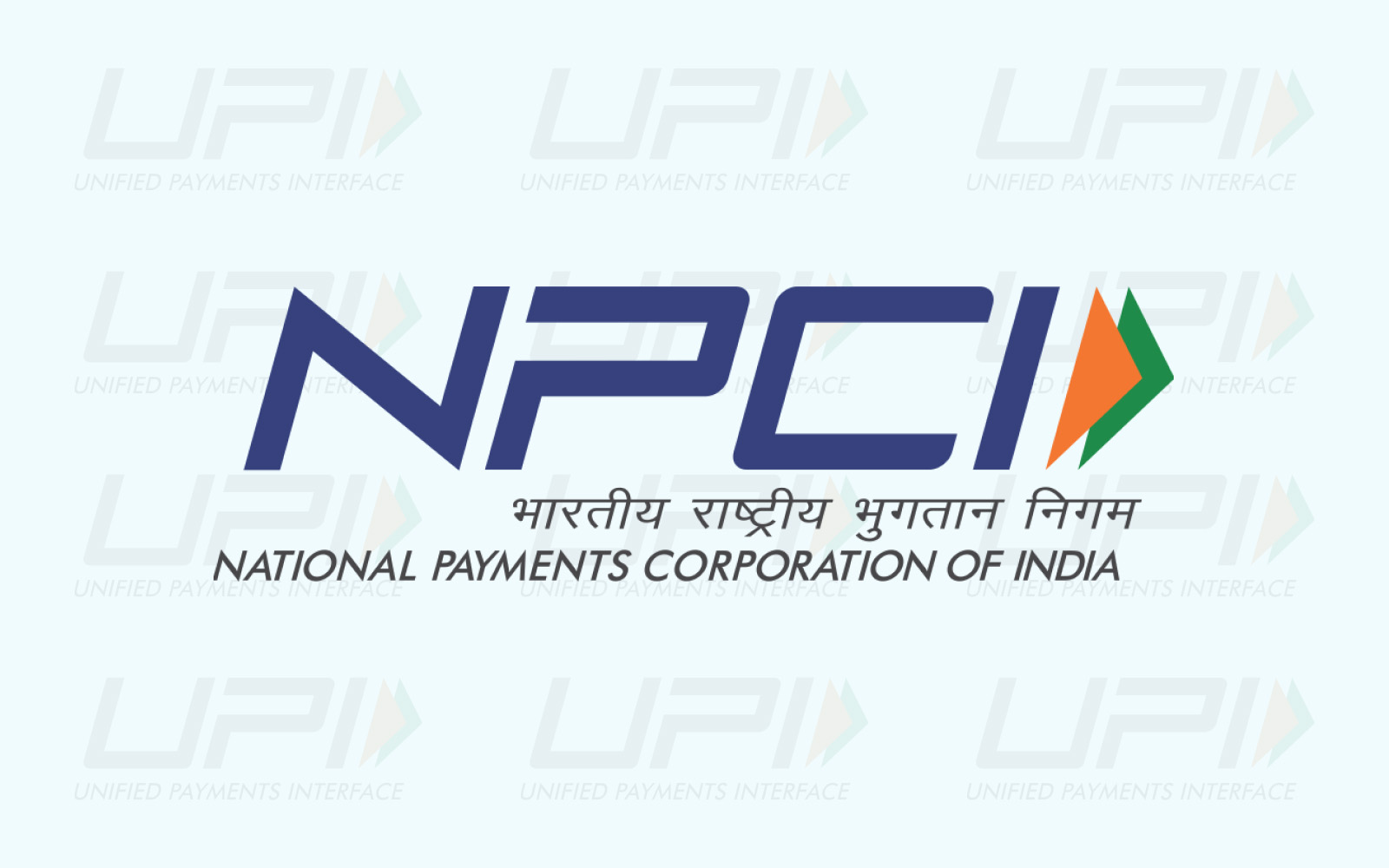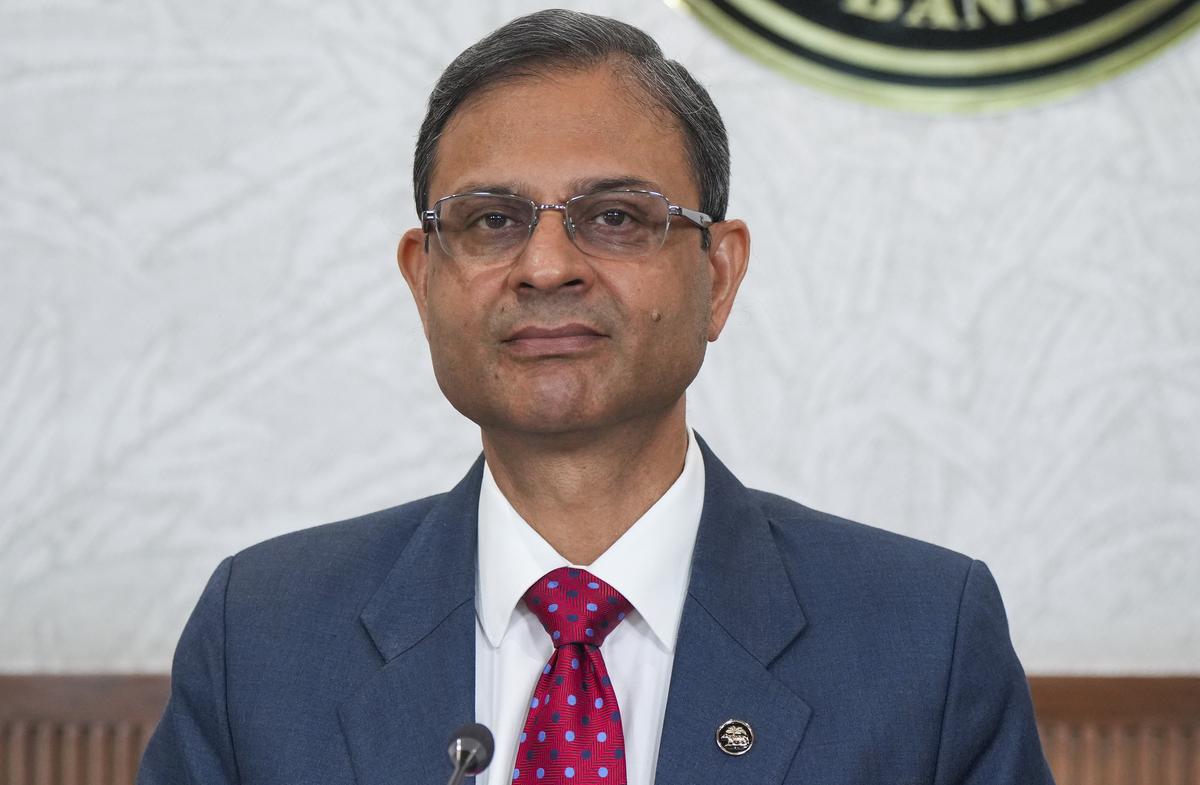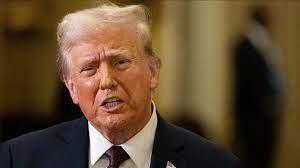GST rollout deferred to July 1
Tue 17 Jan 2017, 11:01:04
The rollout date for India’s biggest indirect tax reform, the Goods and Services Tax (GST), has been deferred to July 1 from the earlier April 1 deadline.But the contentious issue of “dual control” was resolved by giving the state governments power to assess 90% of assessees who have a turnover of up to Rs 1.5 crore.
Finance Minister Arun Jaitley said the GST Council meeting on Monday made a “significant headway” and the issue of cross-empowerment or dual control was resolved.Jaitley said the July 1 implementation date seemed more realistic as the industry needed more time, and also because the governments at the Centre and the states were busy with Budget presentation.
“90% of GST taxpayers with up to Rs 1.5 crore turnover will be assessed by the states and 10%
by the Centre. Those above Rs 1.5 crore will be assessed 50:50 between the Centre and the states,” Jaitley added. West Bengal Finance Minister Amit Mitra said he voiced his dissent at the meeting as his government wanted 100% of taxpayers with up to Rs 1.5 crore turnover to be with states.
by the Centre. Those above Rs 1.5 crore will be assessed 50:50 between the Centre and the states,” Jaitley added. West Bengal Finance Minister Amit Mitra said he voiced his dissent at the meeting as his government wanted 100% of taxpayers with up to Rs 1.5 crore turnover to be with states.
The council also decided that the Centre will cede its powers to states to tax any economic activity in India’s territorial waters up to 12 nautical miles.The next meeting will be held on February 18 to approve the draft of Integrated GST and other supporting laws.
Jaitley said the power to levy and collect Integrated GST, a tax on interstate movement of goods and services, will lie with the Centre but by special provisions in law, the states will also be cross-empowered.
No Comments For This Post, Be first to write a Comment.
Most viewed from Business
AIMIM News
Latest Urdu News
Most Viewed
May 26, 2020
Do you think Canada-India relations will improve under New PM Mark Carney?
Latest Videos View All
Like Us
Home
About Us
Advertise With Us
All Polls
Epaper Archives
Privacy Policy
Contact Us
Download Etemaad App
© 2025 Etemaad Daily News, All Rights Reserved.

